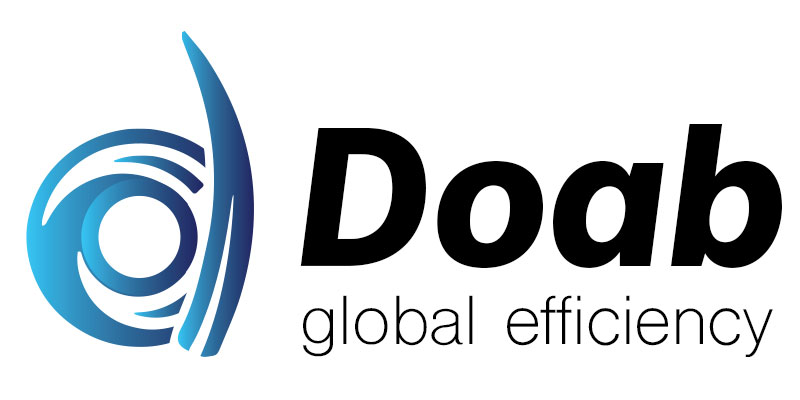[vc_row row_type=”row” use_row_as_full_screen_section=”no” type=”full_width” angled_section=”no” text_align=”left” background_image=”16202″ background_image_as_pattern=”without_pattern” padding_top=”50″ padding_bottom=”50″ css_animation=””][vc_column][vc_empty_space][vc_empty_space][vc_column_text]
PROJECT MANAGEMENT SERVICES
[/vc_column_text][vc_empty_space][vc_empty_space][/vc_column][/vc_row][vc_row row_type=”row” use_row_as_full_screen_section=”no” type=”full_width” angled_section=”no” text_align=”left” background_image_as_pattern=”without_pattern” css_animation=””][vc_column][vc_empty_space][vc_empty_space][/vc_column][/vc_row][vc_row row_type=”row” use_row_as_full_screen_section=”no” type=”grid” angled_section=”no” text_align=”left” background_image_as_pattern=”without_pattern” css_animation=””][vc_column width=”2/3″][vc_empty_space][vc_column_text]
In most cases, projects are all unique in one form or another and require professional management to achieve the prime delivery objectives of being completed within a timeframe and a budget.
The highly experienced team at Doab Enterprises possess the knowledge, methodologies and skills to encapsulate spot requirements, estimate the costs and project programme to ensure market leading results.
Key Project Management Services offered by Doab Enterprises include:-
[/vc_column_text][vc_empty_space][/vc_column][vc_column width=”1/3″][/vc_column][/vc_row][vc_row row_type=”row” use_row_as_full_screen_section=”no” type=”grid” angled_section=”no” text_align=”left” background_image_as_pattern=”without_pattern” css_animation=””][vc_column width=”2/3″][vc_column_text]
Integration Management
An Integrated Management System (IMS) combines all related components of a business into one system for easier management and operations.
This usually involves combining ands managing the following systems as an IMS:-
- Quality Management Systems
- Environmental Management Systems
- Safety Management System
It is vital to note that these systems are not seperate systems that are later joined together, rather they are integrated with links so that similar processes are seamlessly managed and executed without duplication.
[/vc_column_text][vc_empty_space][vc_column_text]
Scope Management
Project Scope Management refers to the set of processes that ensures a project’s scope is defined and mapped accordingly.
Following an appropriate design technique, Scope Management commences with a high quality estimate allowing project managers and supervisors to allocate the appropriate resources to ensure the success of the project.
Scope Management is primarily concerned with controlling what is, and what is not part of the project’s scope.
As emphasised by most Project Management Institutes for a Project Manager to excel, scope knowledge is vital.
[/vc_column_text][vc_empty_space][vc_column_text]
Quality Management
Quality Management is the act of overseeing all activities and tasks needed to maintain a desired level of excellence, including creating and implementing:-
- Quality Estimating
- Planning & Assurance
- Quality Control
- Quality Improvement
When conducted in the correct way, this process is often referred to as Total Quality Management (TQM).
[/vc_column_text][vc_empty_space][vc_column_text]
Communications Management
Communications Management is the systematic planning, implementation, monitoring and revision of all the channels of communication, not only within an organisation, but also between organisations. Communications Management is inclusive of the Organisation and Dissemination of new communication directives connected with an organisation, network or communications technology.
Vital aspects of Communications Management include:-
- Developing Corporate Communication Strategies
- Designing Internal & External Communication Directives
- Managing the Flow of Information, including Online Communication.
[/vc_column_text][vc_empty_space][vc_column_text]
Risk Management
As defined in ISO 31000, the first stage of Risk Management is the identification, assessment and prioritisation of risks, especially within the initial estimate stage due to the effect of uncertainty on objectives.
This is followed by the coordinated and economical application of resources to minimise, monitor and control the probability and / or impact of unfortunate events or to maximise the realisation of opportunities.
The main objective of Risk Management is to assure uncertainty does not deflect the endeavour from the business goals.
[/vc_column_text][vc_empty_space][/vc_column][vc_column width=”1/3″][/vc_column][/vc_row][vc_row row_type=”row” use_row_as_full_screen_section=”no” type=”full_width” angled_section=”no” text_align=”center” background_image_as_pattern=”without_pattern” background_color=”#f2f2f2″ css_animation=””][vc_column width=”1/6″][/vc_column][vc_column width=”2/3″][vc_empty_space][vc_column_text]
Doab’s national network of experienced and extensively trained consultant’s ensures no job is too big or too small, and the world really is their oyster. Our international resume of past projects and clients are testament to their versatility, adaptability and willingness to get the job done.
[/vc_column_text][vc_empty_space]CONTACT US[vc_empty_space][/vc_column][vc_column width=”1/6″][/vc_column][/vc_row]
